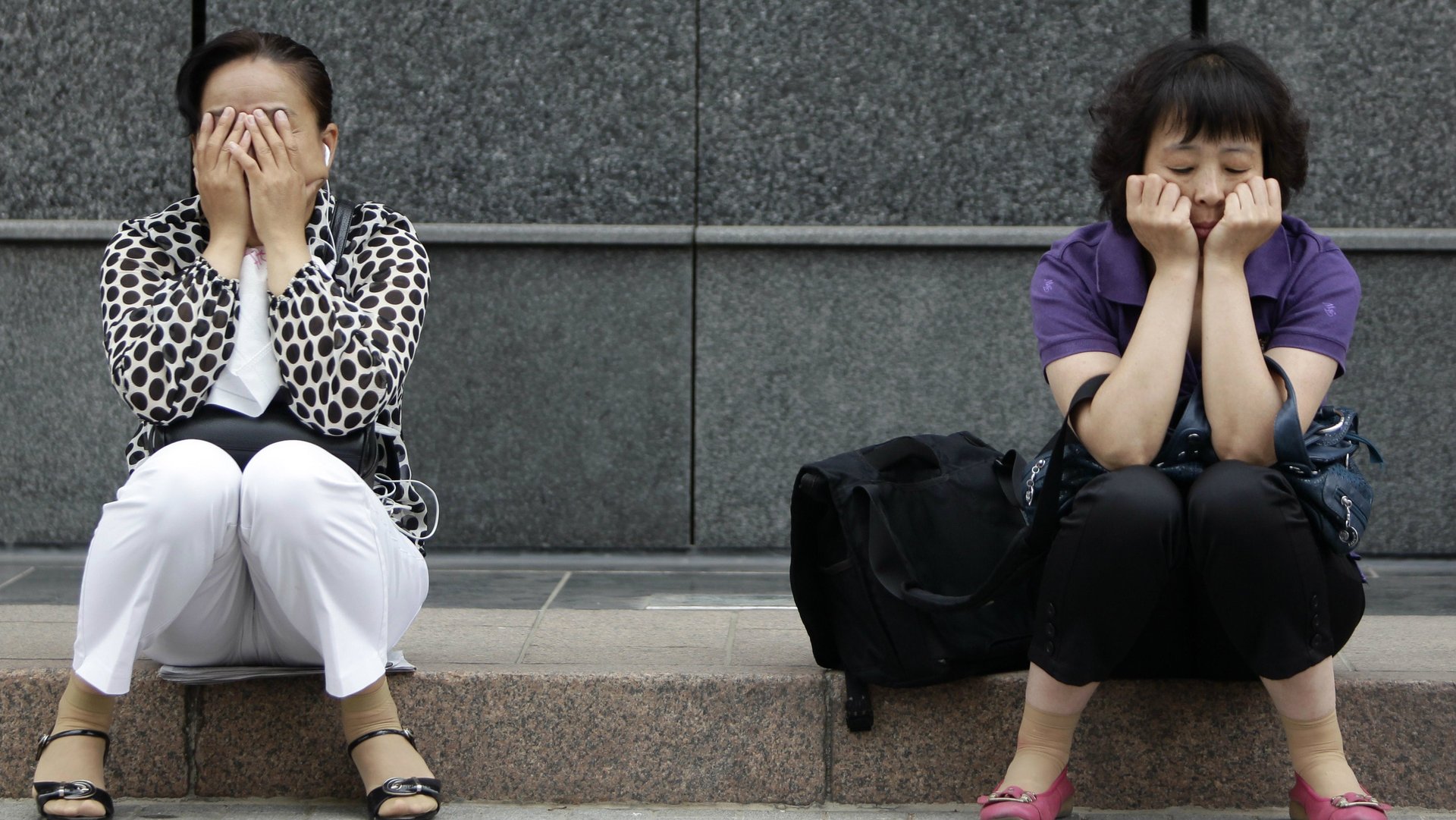One gender is more likely to suffer from insomnia because of genetics
Women are known to suffer more from sleep disturbances, partly thanks to raising young children and hormonal fluctuations. But it turns out there’s also a genetic reason for exhaustion in women.


Women are known to suffer more from sleep disturbances, partly thanks to raising young children and hormonal fluctuations. But it turns out there’s also a genetic reason for exhaustion in women.
A study of data on 7,500 male and female twins found that women have a higher genetic risk of developing insomnia than men. The research, published in Sleep Research Society and the American Academy of Sleep Medicine last month, goes beyond earlier studies that found women suffer higher rates of insomnia—the Society for Women’s Health Research, for example, found that women are 1.4 times more likely to report insomnia than men.
“More women have disturbed sleep generally, but that alone would not necessarily mean that genes play more of a role,” author Mackenzie Lind, a Ph.D. student in clinical and translational sciences at Virginia Commonwealth University said in a statement. “This paper shows that genes may be playing more of a role for females.”
Nearly 10% of the US population suffers from chronic insomnia, according to the Centers for Disease Control and Prevention. Difficulty sleeping can lead to several other health issues, and insomnia is linked to psychiatric problems, obesity, and reduced performance at work.
But even genetically influenced insomnia is treatable, and Lind says her study suggests that clinicians should target women for treatment of sleep problems.